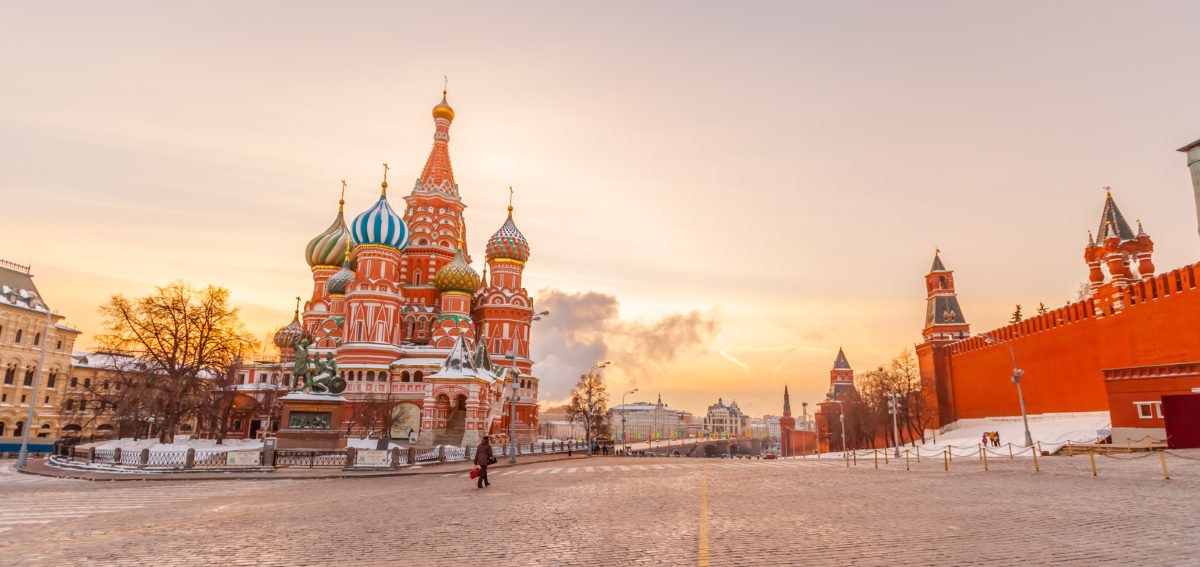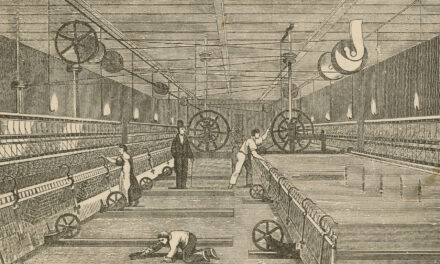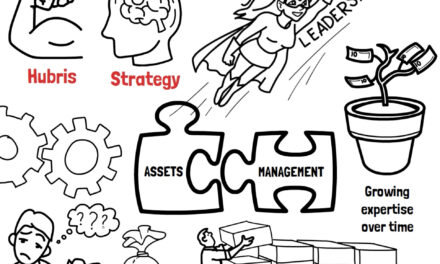Why Hasn’t a Market Economy Taken Hold in Russia?
Why Hasn’t a Market Economy Taken Hold in Russia?

In Brief It’s been more than a quarter of a century since the collapse of the Soviet Union, but Russia has still not evolved into a market economy. To understand why this transition has been so slow, one must reassess the true nature of the communist experiment.
Why This Matters Companies that do business in Russia need to understand the extent to which systematic corruption continues to play a key role in its economy.
The Takeaway Putin’s government has a lot in common with the Communist regimes of the 1970s and 1980s.
In Depth
After the collapse of the Soviet Union in December of 1991, most experts assumed that Russia’s new leaders would be committed to making the transition from communism to capitalism as quickly as possible. After all, that’s what they said they were trying to do. As Boris Yeltsin, then the President of Russia, put it at the end of that decade: “We have gotten stuck half-way in our transition from the planned and command economy to a normal market economy.” But Serguey Braguinsky, a Moscow native who left the Soviet Union in the early ‘90s and is now an associate professor at UMD’s Smith School, argues that this commonly held view is false for two major reasons. “First, the transition from a planned economy had already begun decades before the Soviet regime fell. And by 1991, a corrupt, parallel economy had taken hold, which Russia’s presidents, from Yeltsin to Putin, have shown little interest in undoing,” he says. Braguinsky fleshes out this history of the Russian economy over the last sixty-five years in a recent article, “The Rise and Fall of the Planned Economy And Its Long-Lasting Effects on Transition.” This paper, which Braguinsky presented at the “100 Years of Communist Experiments” Conference held last fall in College Park, explains why nearly three decades after the demise of the Communist Party, Russia has yet to develop a market economy.
According to Braguinsky, each of Russia’s rulers has followed his own perverse logic in devising a strategy for leading the nation. In Stalin’s case, he developed the planned economy as a rational way to achieve the goals of his totalitarian dictatorship. Eliminating markets in capital goods and labor, the communist government gave direct production orders to state-owned enterprises (SOEs). But in its effort to keep up with advanced countries in technology and productivity, Stalin’s regime, unlike its capitalist rivals, was forced to rely solely on negative incentives. So the Soviet Union used terror to ensure that managers, engineers, and workers of SOEs did their assigned tasks. Stalin’s mass purges, which engulfed not just potential political rivals but also millions of ordinary people, made credible the threat of severe punishment for non-compliance with the dictates from the state.
After Stalin’s death in 1953, his successors abolished mass terror, but they then faced a host of new challenges. To cope with the increasing complexity of a growing economy, Communist Party leaders took steps toward decentralization and delegated more planning decisions to SOEs. However, markets in capital goods and labor were still banned, so positive incentives to comply with the government continued to be lacking. As a result, SOE managers used their newly acquired discretion both to accumulate unreported resources and labor and to produce unreported output. Thus arose the parallel economy, which was protected by the communist regime’s systematic corruption. By the late 1970s, this parallel economy, which was maintained by an alliance among the SOEs, black market dealers, and high-level bureaucrats, was calling the shots. Due to Mikhail Gorbachev’s various economic reforms in the late 1980s, the planned economy was already dead by the time the Soviet Union collapsed.
As Braguinsky emphasizes, in contrast to Stalin, Vladimir Putin, who has ruled Russia since 2000, is not a totalitarian dictator, but a tin-pot dictator. “Today’s Russian government,” he writes, “does not care that much about ideological control over its citizens….Instead, its overarching goal is the continued concentration of wealth in Putin and its inner circle.” To achieve its objectives, he notes, Putin’s government has just centralized the parallel economy—organizing all the disparate elements of the corrupt system that reigned under Yeltsin into what Braguinsky calls “a single state-run mafia.” “Russia,” he says, “remains stuck in the transition to a market economy; we are still witnessing the final phase of the communist experiment, which has been going on in more or less the same form for several decades.”
Digging Deeper
https://www.wilsoncenter.org/event/has-vladimir-putin-always-been-corrupt-and-does-it-matter
https://www.fpri.org/2018/03/another-six-years-putin-spells-russias-economy/
http://www.newsweek.com/putin-corruption-crackdown-pre-election-show-830704
https://www.cnn.com/2018/01/27/europe/alexei-navalny-says-putin-regime-is-corrupt-intl/index.html
Joshua Kendall has written on business and healthcare for numerous publications including BusinessWeek, Fortune.com, The New York Times, The Boston Globe and The Washington Post. For more about his work visit JoshuaCKendall.com.




